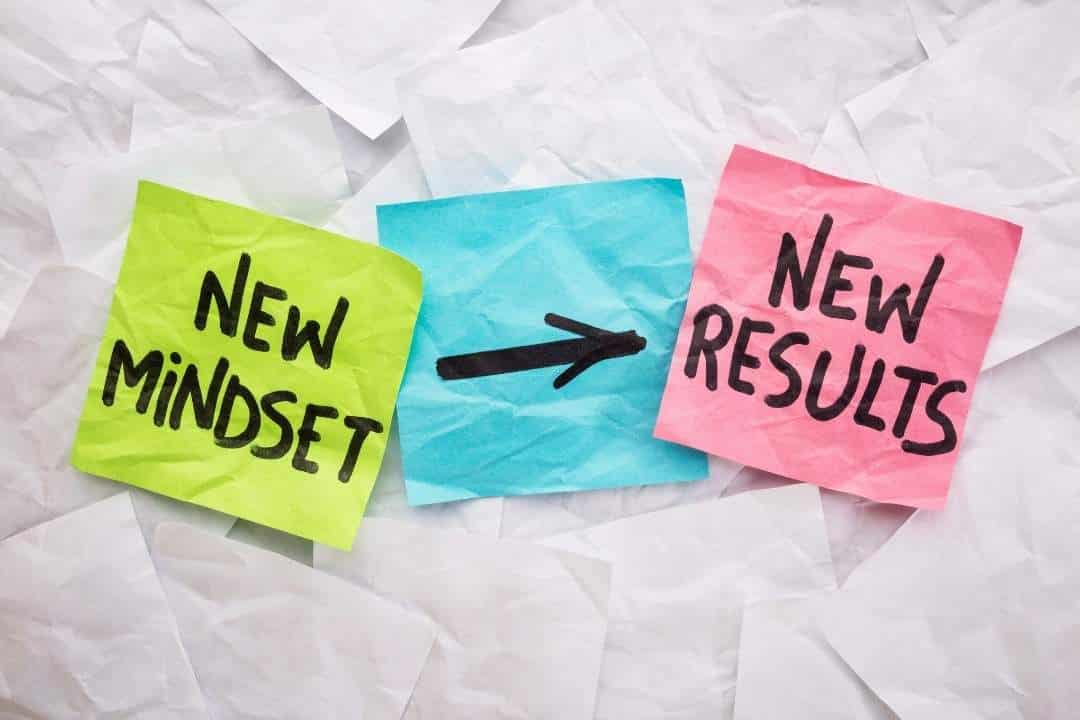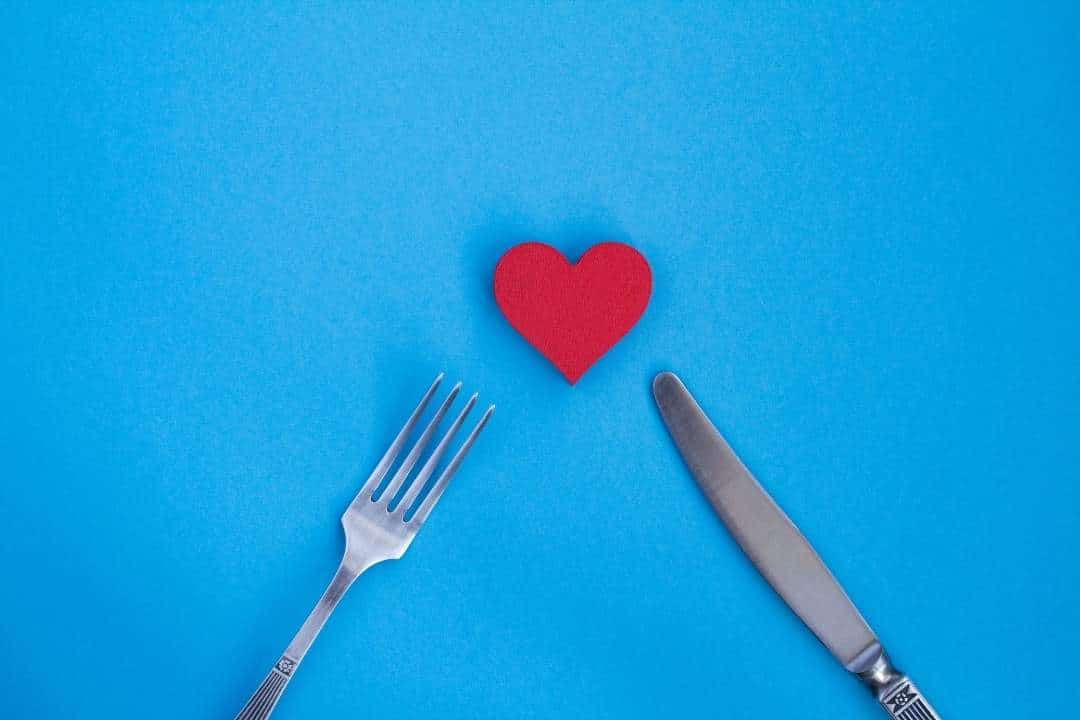January 17, 2011
Food for Thought: Diets Don’t Work
Written by Rachel Eddins
Posted in Emotional Eating & Body Image and with tags: Make Peace with Food, binge eating, disordered eating, weight loss

Have you been thinking you need to “shed extra pounds”, “eat right”, and go on a diet? Weight loss is the obsession everywhere you turn.
Here is some information adapted from the National Eating Disorders Association (NEDA) about why this might not be the best idea.
That’s right. Diets don’t work and statistics (and science) show that most dieters actually end up weighing more!
In the long run, deprivation does more damage to the body physically (metabolism, nutritional deficiencies, etc…) and emotionally (disordered eating). So, what’s the big deal? Read more…
What is Dieting?
Any attempt in the name of weight loss to deprive your body of the essential nutrients it needs to function at its fullest capacity. This includes skipping meals, eliminating specific foods, counting calories, and/or excessive exercise.
So What’s the Big Deal about Dieting?
- Genetics not dietics determine body shape and size
- Medical research shows that it is MORE dangerous to be 30% underweight than 30% overweight
- “Yo-Yo” dieting can increase the risk of heart disease by as much as 50-60%
- Dieting can lead to calcium deficiency, which means brittle and breakable bones
- Dieting can lead to loss of muscular strength and endurance, decreased oxygen utilization, loss of coordination, and electrolyte imbalance
- Dieting can cause you to have slower reaction times and a decreased ability to concentrate
- Dieting is associated with depression, feelings of failure, low self-esteem, and increased stress
- Dieting can make you grumpy, irritable, tired and apathetic
- Dieting can make you think about food ALL the time
- Dieting can make you crave food in your dreams
- Dieting can lead to developing an eating disorder
Diets Don’t Work
- 95% of dieters will regain their lost weight in one to five years
- Consistent dieting can lower your resting metabolic rate so over time your body will burn calories more slowly
- In the long run your body’s metabolism will lead you back to your set-point or natural weight, which is influenced by your genetics
- Dieting necessitates tuning into external cues with regard to food intake and disconnecting from internal cues of hunger and fullness. Food restrictions placed on the dieter eventually result in breaking the diet with consumption of the once forbidden foods of the diet plan, often in the form of a binge.
- Dieting overstimulates the production of fat storage enzymes so that when you go off the diet, you’ll quickly fill fat cells to maximum capacity. This is how our bodies have evolved to survive during times of famine.
- Your body adapts to the caloric restriction in dieting; the less you eat, the less it uses. Which means to maintain weight loss, you must ALWAYS continue to further restrict.
- Deprivation from dieting creates food cravings, which can lead to binge eating; we are biologically designed to obsess about food when we are hungry OR when we forbid ourselves certain foods. Rigidly limiting food sets you up to crave larger quantities of that very food and creates fears that there won’t be enough. Binge eating means that diets don’t work!
- “Blowing a diet” causes a release in food inhibitions and can lead to overeating or binge eating.
- Fasting or restricting food during a diet turns ON the neurochemical switches that induce us to eat, which can lead to overeating after deprivation. This is a biological drive, not willpower.
- Diets don’t adapt to changes in your body, so they are never truly satisfying.
- Dieting disconnects you from feelings of hunger and satiety, making you less likely to trust your own body and know when to eat and when to stop.
Remember, every diet you have “failed” was your body telling you diets don’t work. You didn’t fail, the diet failed you.
Click here to review the Cycle-of-the-Typical-Dieter. Does this seem familiar to you?
Check out the National Eating Disorder Association’s advice: Listen to Your Body
Dieting Changes Your Brain-It Makes Food More Rewarding
Studies consistently support the idea that dieting leads to binge eating.
A brain imaging study found that dieting or caloric restriction led to increased activity in regions of the brain associated with attention and reward.
Study results confirmed that self-imposed caloric deprivation increases responsivity of attention, reward, and motivation regions to food, which may explain why caloric deprivation weight loss diets typically do not produce lasting weight loss.
Further, your brain doesn’t want you to lose weight. It turns out that the brain is efficiently regulating our body weight at its set point and it’s difficult to move out of this range.
What Can I Do Instead of Dieting?
- Keep a Top 10 List of things you like about yourself and add to your list often.
- Listen to your body. Eat when hungry. Give yourself unconditional permission to eat and ask yourself what are you REALLY hungry for? Stop eating when you’re full. Rest when you’re tired. Choose foods and activity that make your body feel good and energized.
- Check in often with how you are feeling so you can tune in to your emotions. When you have the urge to eat and you’re not hungry, ask yourself what you might be feeling.
- Practice new coping skills to help you manage emotions that might trigger emotional eating: boredom, anxiety, loneliness, shame, guilt, disappointment. Check out the recommended reading for tips.
Many people feel fearful without having the external control of the diet. Some think, if I’m not dieting, I’ll get out of control and gain weight! While these fears are certainly valid, the truth is that once your body becomes used to the availability of regular food, it will stabilize at a natural weight.
Want more help with food and body issues?
So, how to get started? If you are not struggling with an eating disorder, you can begin by practicing intuitive eating and evaluating all the factors in your life (physical, emotional, mental, external, spiritual and so forth) that can trigger the diet-overeat cycle.
If you think you could be struggling with an eating disorder, or disordered eating patterns, it’s best to heal the eating disorder first through eating disorder treatment. A therapist specializing in food and body image issues can help you either way.
End the food struggle and make peace with food! Check out our make peace with food program to try an attuned mind and body approach to coping with emotional eating, binge eating and compulsive overeating.
To get started now give us a call to schedule an appointment to one of our counselors for personal therapy with food and body image concerns at 832-559-2622 or schedule an appointment online.
















